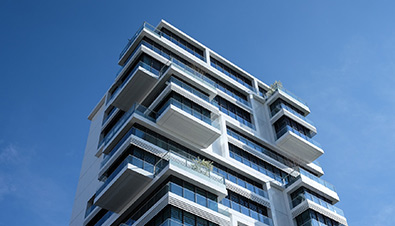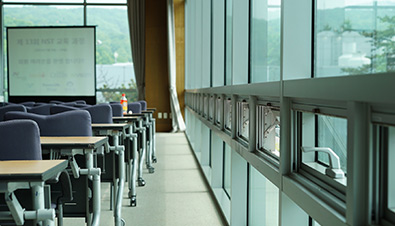Hotels can significantly improve energy efficiency and profit from demand response markets through better energy management of guest rooms and common areas.
Enhanced guest comfort and reduced complaints result from real-time monitoring of conditions and automatic adjustments from intelligent software and customized rules created by the hotel.
Office buildings can achieve sizable energy cost savings and generate new revenue from demand response markets through real-time monitoring and control of building loads to reduce waste from unoccupied spaces.
Estimated savings can be between 13% and 20% of the utility bill and revenue earned from demand response markets.
Residents can get a home automation solution that can lower utility bills while giving consumers full control of home temperatures, appliances, and lighting from anywhere using their smart phone and computer.
Estimated savings can typically be between 15% and 30% of the utility bill.
Budget-constrained schools can free up sorely needed cash for instructional needs by reducing consumption in unoccupied classrooms. Classroom temperature levels can be adjusted automatically to assure teacher-student comfort while avoiding unnecessary heating and cooling consumption when school is out.




